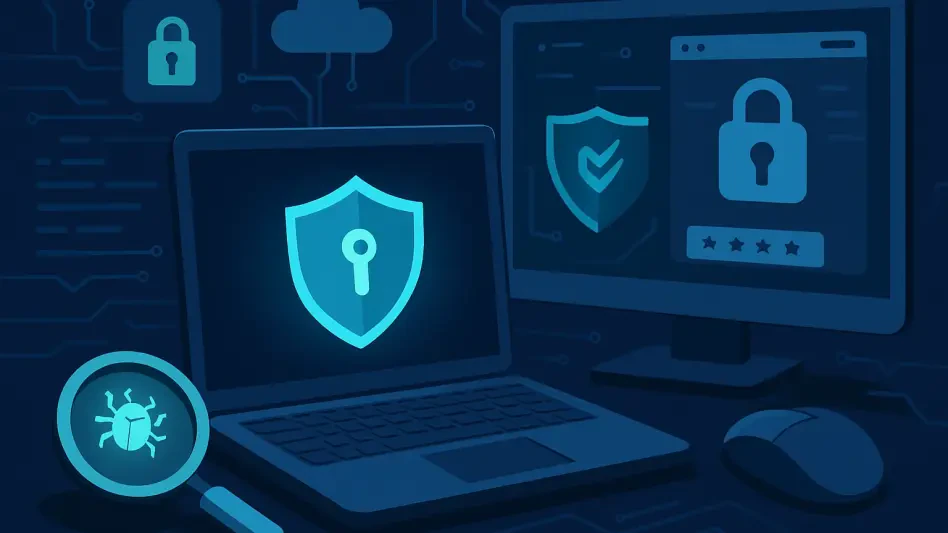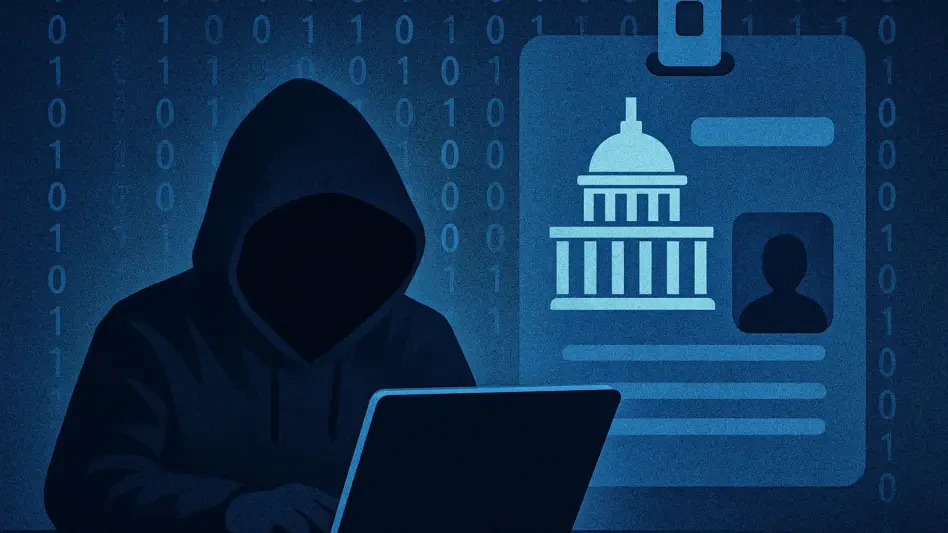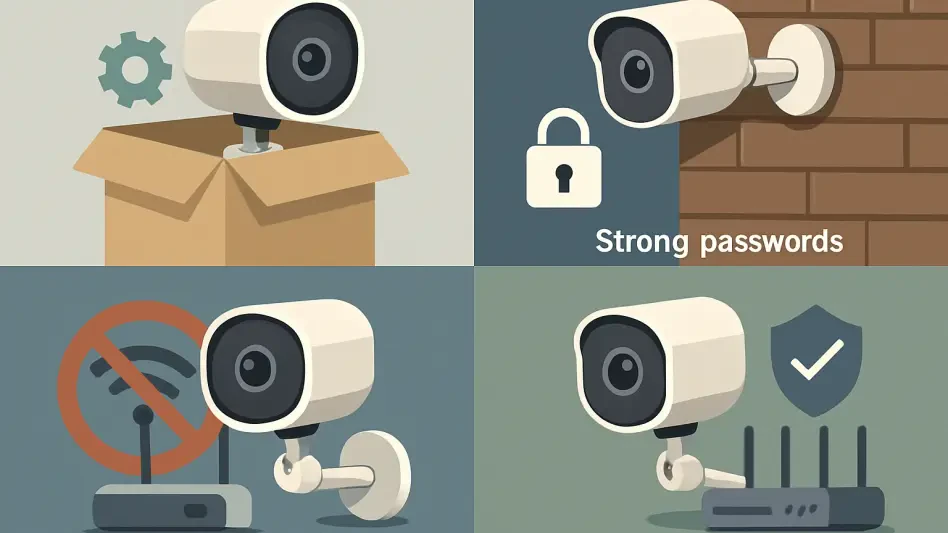James Madison University (JMU) is making a significant change to its digital security infrastructure by transitioning from the Duo Mobile multi-factor authentication (MFA) application to Okta Verify. This shift, planned to take place during spring break, is part of the university’s ongoing efforts to modernize the authentication process for students and faculty. Robin Bryan, the associate vice president and CIO of JMU’s Information Technology (IT) Department, stated that the new system aims not only to enhance security but also to simplify login procedures for students. The introduction of Okta Verify is set to streamline user experiences and ensure robust protection against unauthorized access.
A New Era of Authentication: Okta Verify
Modernizing Security Measures
The primary function of Okta Verify is to authenticate and authorize user accounts during sign-in processes, providing features such as single sign-on, access control, and robust system protection to comply with audit and verification standards. By employing advanced authentication mechanisms, the university aims to reduce the number of required logins, simplifying access to various university systems. Moreover, the new system capitalizes on single sign-on capabilities, allowing students to use one eID and password for most JMU resources, thus enhancing accessibility and convenience.
The transition marks the end of the existing Duo Security MFA system, which was deemed aging and approaching its end of life. With Duo’s limitations becoming increasingly apparent, such as frequent login prompts and lack of personalization, Okta’s modern solutions offer a more seamless experience. Bryan elaborated that Okta is currently viewed as an industry leader, providing state-of-the-art security features that align with the university’s stringent requirements. This shift is expected to alleviate some of the frustrations experienced by students with the current system, creating a smoother and more user-friendly digital environment.
Enhanced User Experience
Several notable changes accompany the implementation of Okta Verify, aiming to enhance the overall user experience for JMU students and faculty. Among these changes, password updates will now be required only once per year, significantly reducing the frequency of mandatory password changes and easing the burden on users. Additionally, the MyJMULogin site will serve as a centralized hub for managing passwords, MFA devices, and system links, thereby simplifying the process of managing and ensuring access security.
The transition also involves the discontinuation of text messages as a valid authentication factor. This change necessitates that students without smartphones acquire a Yubikey to use for authentication purposes. This move towards hardware security tokens represents a step forward in the university’s commitment to enhancing digital security. Furthermore, new students enrolling at JMU will receive a randomized, non-identifiable eID, although current students will retain their existing identifiers. These efforts collectively aim to create a more secure, efficient, and user-friendly environment for the JMU community.
Preparing for a Smooth Transition
Informing and Educating the Community
Ensuring a smooth transition to Okta Verify requires significant preparation and communication efforts. To minimize disruptions, Bryan emphasized that faculty should limit assignments requiring access to university systems during spring break. This strategic timing facilitates the adjustment and reduces the potential impact on academic activities. Additionally, students are encouraged to enroll in Okta early, with enrollment emails being sent out by late February. This proactive approach aims to mitigate potential access issues and familiarize students with the new system before it fully replaces Duo.
The university has also established comprehensive support mechanisms through the IT Help Desk to address any challenges that may arise during the transition. Extensive communication strategies are in place to inform and educate the student body about the upcoming changes. From newsletters to dedicated informational sessions, these efforts are designed to ensure that students fully understand the benefits and requirements of the new authentication system. By preparing the JMU community well in advance, the university aims to facilitate a seamless transition and foster a sense of readiness and confidence among its members.
Mixed Reactions and Anticipated Benefits
As with any significant change, reactions among the student body have been mixed. Some students, such as sophomore Victoria Gonzalez, have expressed optimism regarding Okta’s improvements over Duo, citing issues with Duo’s frequent login prompts and lack of personalization. Gonzalez hopes that Okta will offer a more streamlined and user-friendly experience. On the other hand, sophomore Emerson Ballard looks forward to the reduction in login interruptions, particularly when using essential platforms like Canvas. These varied reactions underscore the importance of effective communication and support throughout the transition process.
Overall, while the initiative aims to enhance security and user experience, its success hinges on effective communication and student preparedness. Bryan’s emphasis on early enrollment and robust IT support underscores the university’s commitment to resolving any potential challenges promptly during the transition. Instructional efforts and resource availability are geared toward easing the adjustment process for the JMU community, ensuring that the introduction of Okta Verify brings the anticipated benefits and smooths the university’s path to a more secure digital future. The ultimate goal is to achieve a seamless integration that enhances both security and usability for all users.
Long-term Implications and Future Considerations
Strengthening Digital Security
As JMU continues to prioritize the modernization of its digital security infrastructure, the transition to Okta Verify represents a pivotal step in this journey. The adoption of industry-leading technology reflects the university’s proactive stance in safeguarding sensitive information and maintaining compliance with security standards. In the long run, integrating advanced MFA solutions like Okta ensures that JMU remains resilient against evolving cyber threats. The university’s commitment to staying ahead of the curve in terms of security practices reinforces its role as a technologically forward institution.
Looking beyond the immediate transition, JMU is likely to continue exploring innovations in digital security to further enhance its systems. The successful implementation of Okta Verify could pave the way for future advancements, potentially incorporating emerging technologies such as biometrics or blockchain to strengthen authentication processes even further. By remaining adaptable and forward-thinking, JMU is better positioned to address the challenges posed by an increasingly interconnected digital landscape.
Embracing Future Innovations
James Madison University (JMU) is set to enhance its digital security by switching from the Duo Mobile multi-factor authentication (MFA) app to Okta Verify. This transition is scheduled for spring break and represents part of the university’s initiative to modernize its authentication methods for both students and faculty. Robin Bryan, the associate vice president and Chief Information Officer (CIO) of JMU’s Information Technology (IT) Department, highlighted that Okta Verify not only aims to improve security measures but also makes the login process easier for students. The introduction of Okta Verify will streamline user experiences and offer stronger protection against unauthorized access. This switch underscores JMU’s commitment to leveraging advanced technology to ensure both ease of use and enhanced security. The change is designed to provide a more efficient, user-friendly, and secure authentication system, demonstrating the university’s proactive approach in safeguarding digital resources.







